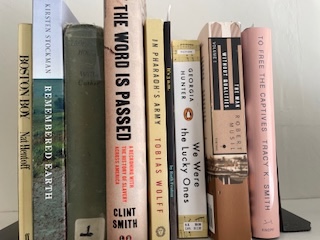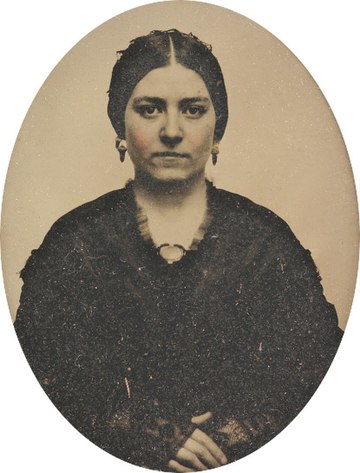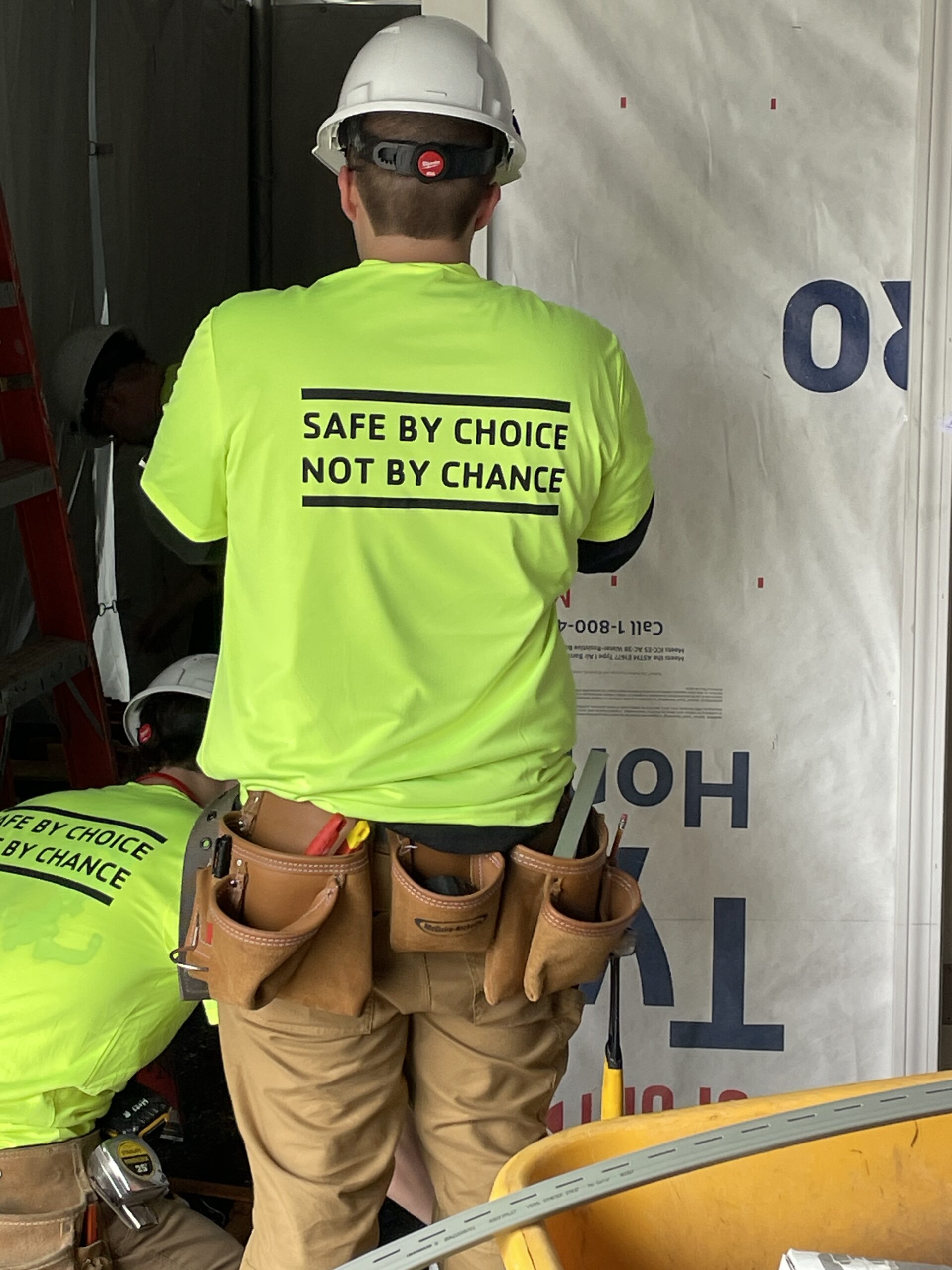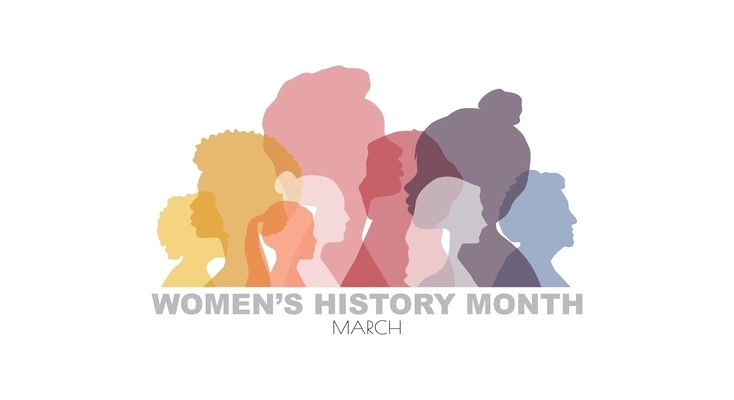July 2024
Last month I asked how you choose books to read. This month I’m sharing what I learned.
First, a caveat. When I was in college, my father urged me to take statistics. I never did. But even this non-statistician knows that my survey was small scale and decidedly un-rigorous. Nonetheless, it was valuable because I learned information, got new ideas and feel more connected to you as readers. Thank you for your responses.
The answers ran the gamut. One, from a friend who is an historian and writer, made me laugh because it was so out of character. For several years she spent countless hours in archives, researching the subject of her forthcoming book. For that, she was disciplined and organized. But how she chooses books to read for pleasure? “It’s a mystery,” was her answer.
Another friend, also a writer, tends toward the serious. Her “night table is piled with books that in some way relate to my book project (e.g., Stalingrad by Antony Beevor; I want to expand my understanding of wartime battles).” Her reading list is more personal than it might be obvious. Her parents, European Jews, survived Nazi plans to exterminate them, and their lives are the subject of her writing. At the same time, she said, she is reading “The War on the West by Douglas Murray for my book club.”
Book clubs figured in other answers too. Also NPR and indie bookstores. “In the car with NPR” was one friend’s answer. If you’ve heard Maureen Corrigan on Fresh Air, you know she’s a terrific reviewer. Another friend, somewhat younger, raised the possibility that NPR appeals to an older audience. She doesn’t have a car and doesn’t listen to NPR at home. I suspect she may be right about the demographic. Yet, even without a car, a reader can listen to NPR’s podcast, Book of the Day, and read all the book recommendations online.
Apparently no one in my cohort gets book recommendations from TikTok or other social media. At least no one admitted it. But I know that some people do use social media to find their next book. Recently I saw this on Threads: “What should I read next? Fiction please, literary not genre, and please, please not about war.” I’ve seen other posts too – people looking for recommendations, and maybe connections, with books as conduit.
Instead of social media, my friends and subscribers are more likely to look to booksellers for inspiration. “Writer friends and indie bookstore recommendations,” one person wrote. Another said “booksellers, Indie Next lists, browsing and reading the back cover.” Of course, a bookseller has to know your taste and interests to make a good recommendation, but a conversation with someone whose business is to know the latest releases may well lead to something you’ll like. Even just being in a bookstore, browsing, holding a book in your hand, reading the cover description and skimming a paragraph or two can lead to your next great read. At least it has for me.
One friend wrapped several points into her answer – NPR, booksellers, friends, book club. Here’s what she wrote:
I always read the NYT Book Review, and put books on hold at the library after reading each week’s issue. I also love asking people I meet what they are reading, and what their book group has read if they are in a book group. I then make a note of the suggestions I hear in the Notes function on my phone so I don’t forget. If I am traveling for work, I try to visit a small local bookstore, and will always make a beeline for the staff suggestions shelf, and take notes from there, often buying a book to add to the groaning stacks at home of books to read someday. Finally, when getting ready to make a suggestion for my book group, I often turn to NPR’s book resource. It used to be called the Book Concierge, but is now called Books We Love. It is a searchable data base of books, organized by year, and also topic. Our book group likes to read books available at the library without a long wait, or in paperback. So, I go back to earlier years, and then search. There is a book group category, but many other categories too, so I can find many suggestions by using this data base. It makes it fun to find a book, and the reviews posted with the data base make it easy to describe the book, and why I am recommending it.
What incredible discipline! This is going to inspire me to do better. By the way, you won’t be surprised to learn that she is a lawyer and complex litigation, such as antitrust and securities fraud, is her specialty.
One last answer:
If a book has meaning for me as good storytelling, history, information or (this won’t surprise you) as excellent writing, then I want to read more by the same author. I find that knowing more about the writer’s life and other works creates a better understanding and appreciation of what I’ve just read, and therefore continue to read. I read Janet Malcolm’s Nobody’s Looking at You based on a review, and have now read almost all her books. I’ve read all of what Joseph Mitchell was able to publish. I saw a new of a biography of Willa Cather and decided to re-read My Antonia. I did not want to stop there and found O Pioneers and Death Comes for the Archbishop to be even more powerful. Same for Sherwood Anderson (not just Winesburg Ohio), Thornton Wilder (not just The Bridge), Sylvia Plath (I had not remembered the humor in The Bell Jar), Edith Wharton (Ethan Frome and Summer are much better than the longer novels), Virginia Woolf (her prose is so turgid that you have to re-read it), Thomas Hardy, Sappho, Thoreau, Twain, Melville, Freud, and so on. Not to mention Shakespeare and the Bible . . . .
I guess I’m saying that extended concentration on what a writer is seeking to communicate, and sometimes on who that person was in life, brings the medium and the message home in the strongest way.
I’ve known this friend since 1976, when he was an associate and I was a paralegal at a Boston law firm. Despite the years, I think this is the first time we’ve had a conversation about what moves either of us to read a book.
In the end, my little, unscientific research project turned up new information about what matters to you in book selection, which I really appreciate knowing. I’m also happy that it gave me new insights into my friends as readers. Thanks so much for your help.




